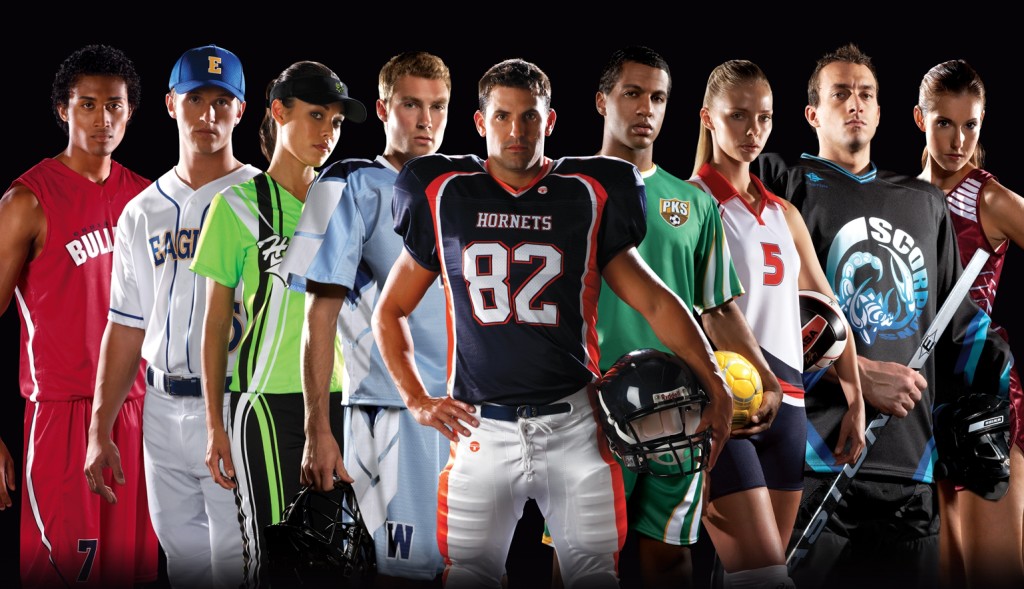Why Sports Teams Are Not Being Sold
The U.S. sports team transaction market has been silent for quite a while. That’s odd given the world is awash with cheap money and turbulent equity markets have rich folks are looking for alternative investments.
Yet, in MLB, no team has been sold since August, 2012 when San Diego Padres changed hands for $800 million.
In the NBA, the Atlanta Hawks were acquired for $730 million last July, but that deal was instigated when co-owner Bruce Levenson announced in 2014 that he would sell his controlling interest in the team due to an “inappropriate and offensive” e-mail he sent two years earlier.
A month prior to Levenson’s announcement, Steve Ballmer bought the Los Angeles Clippers for $2 billion. But that sale was sparked by racist comments made by outgoing owner Donald Sterling. The last NBA team sale not spurred by an “unusual” event so to speak, were the Milwaukee Bucks in May, 2014 when Wesley Edens and Marc Lasry bought the team for $550 million.
The Buffalo Bills were the most recent NFL team sold when Terry Pegula plucked down $1.4 billion in October, 2014. But that auction was the result of the passing of team founder Ralph Wilson that March. Before the Bills, the most recent NFL team sold were the Cleveland Browns, purchased by James Haslam in the summer of 2012 for $987 million.
There is no shortage of “action” in the NHL, with Andrew Barroway reportedly buying a controlling stake in the Arizona Coyotes for $305 million, Jonathan Ledecky and Scott Milkin supposedly buying the New York Islanders for $485 million in October, 2014. But Barroway never completed the deal and Ledecky and Milkin still don’t own the Islanders (the deal is scheduled to be completed this year). And the Pittsburgh Penguins have been on the market for many months. The last majority transaction: Vincent Viola’s purchase of the Florida Panthers in September, 2013 for $160 million.
I think for the most part the relative quiet can be explained with one word: technology. By that I mean there is the general belief that the value of streaming sports is going to increase team valuations, but no one is quite sure by how much or when.
The deal struck between MLBAM and the NFL illustrates how valuable streaming rights and baseball’s technology business might be. Baseball’s digital arm generates 10 million streams daily. So dd the NFL’s $17 million streaming deal with Yahoo for the game in London this past season between the Jacksonville Jaguars and Buffalo Bills. One of the reasons the NBA’s new $2.6 billion annual media deal with TNT and ABC/ESPN is three times more valuable than its current deal are the enhanced digital rights that were given to Time Warner and Walt Disney. The increase in digital rights is why the NFL did not include streaming rights in its new Thursday Night Football deals with CBS and NBC.
In addition, the NBA will probably put advertising on team jerseys. Do not think of this as completely separate from more digital content consumption. Rather, think of the multiplier effect those advertisements will get from being streamed to a bigger audience. The NFL is surely pondering all this as it looks to renegotiate its sponsorship deals.
As SportsBusiness Journal pointed out recently: “Most, if not all, of the league’s technology sponsors have deals that expire within the next 26 months, and its tech roster includes some of its biggest corporate patrons. There is Verizon’s huge content/sponsorship play, sideline rights with Bose and Microsoft, and SAP’s business-to-business software rights. A renewal from some or all of those will require prescient forecasting of where technology is heading, and a plan to artfully dissect the category and distribute the nation’s most valuable sports content across the roiling and unpredictable technology landscape.”
I also believe virtual reality is going to be a paradigm shift for consuming sports content that the sports leagues will soon figure out how to monetize.
Owners who might be interested in selling want to get a better feel for what this will all mean for team values before cashing out.
Article Written By: Mike Ozanian
0

